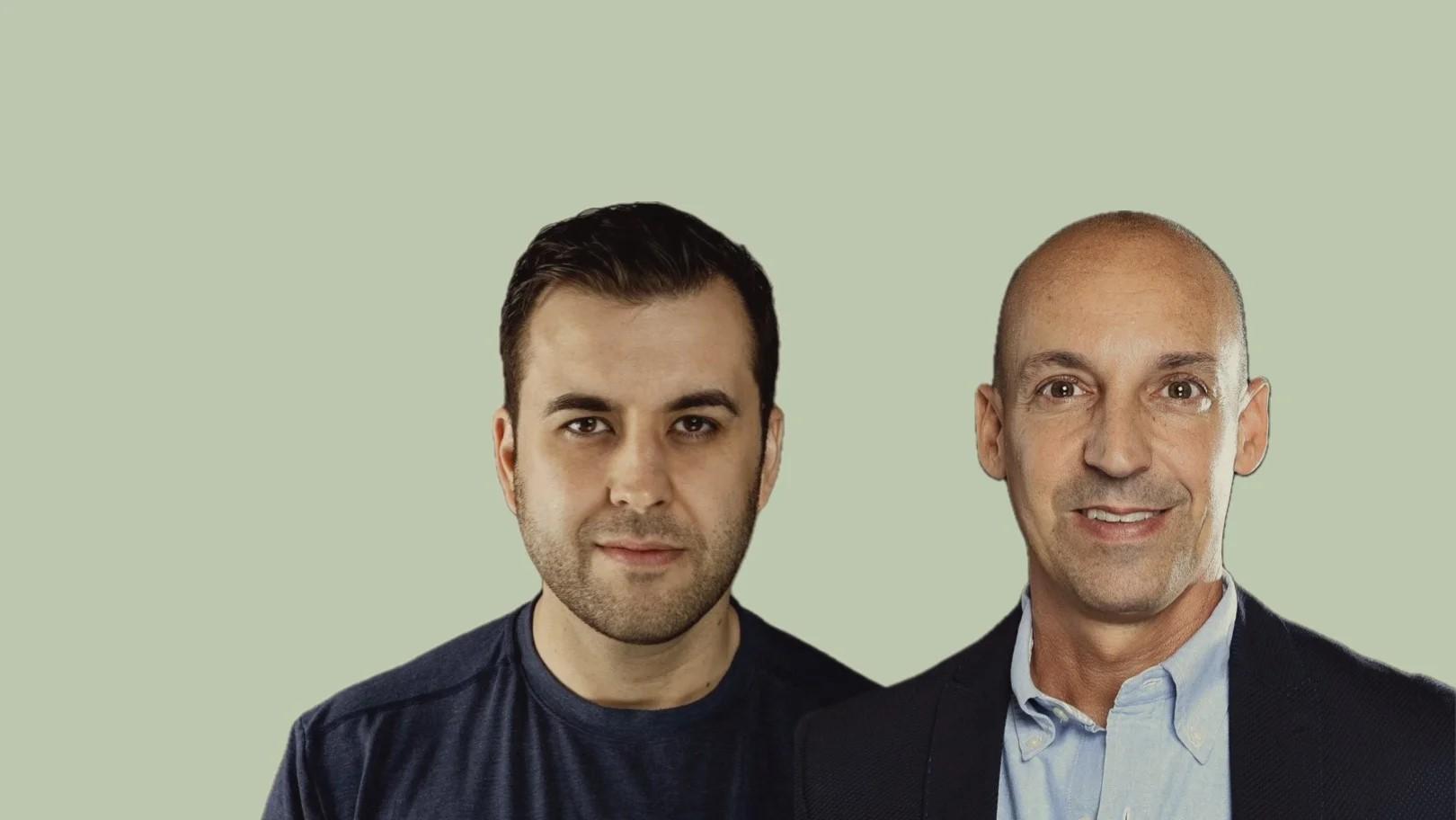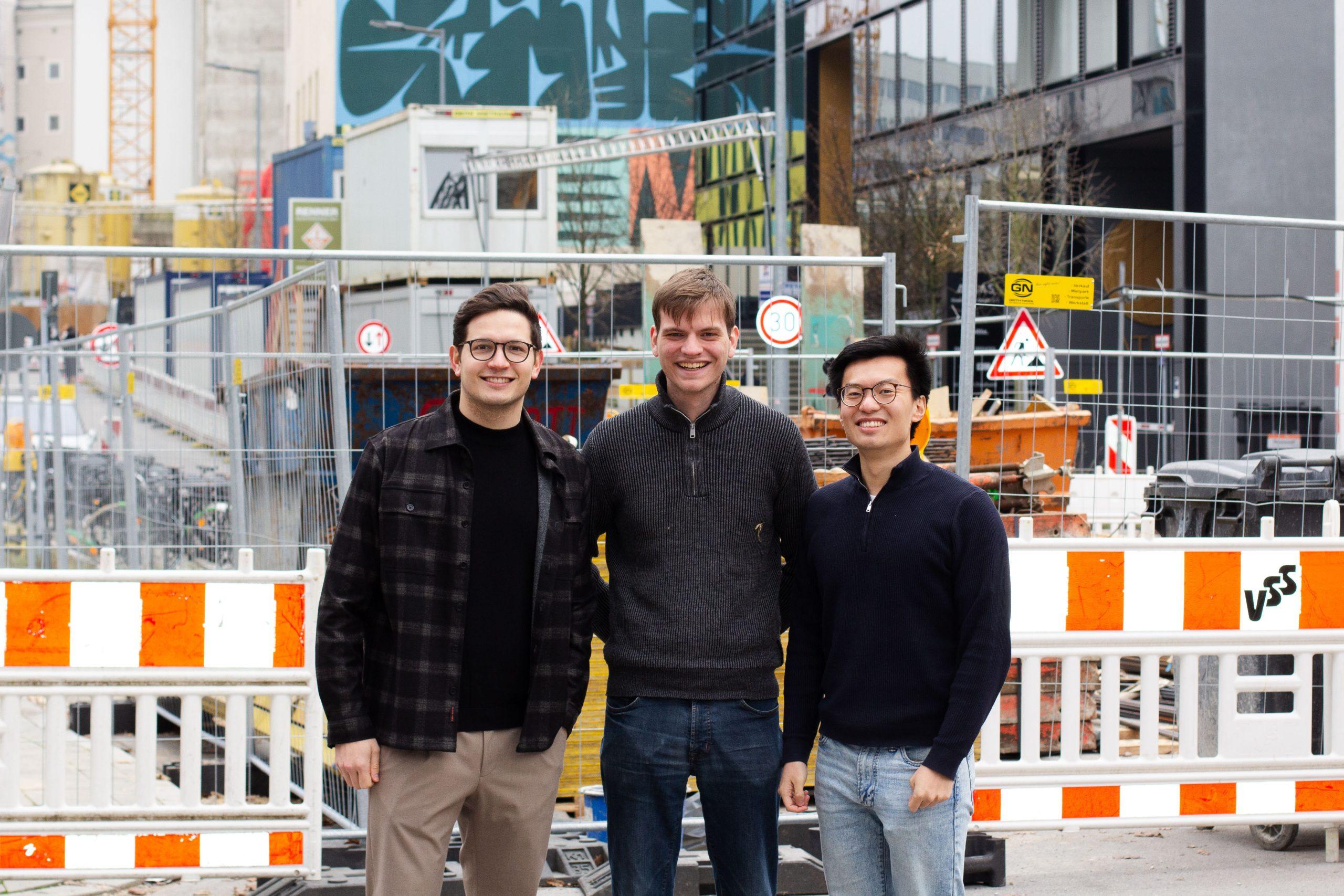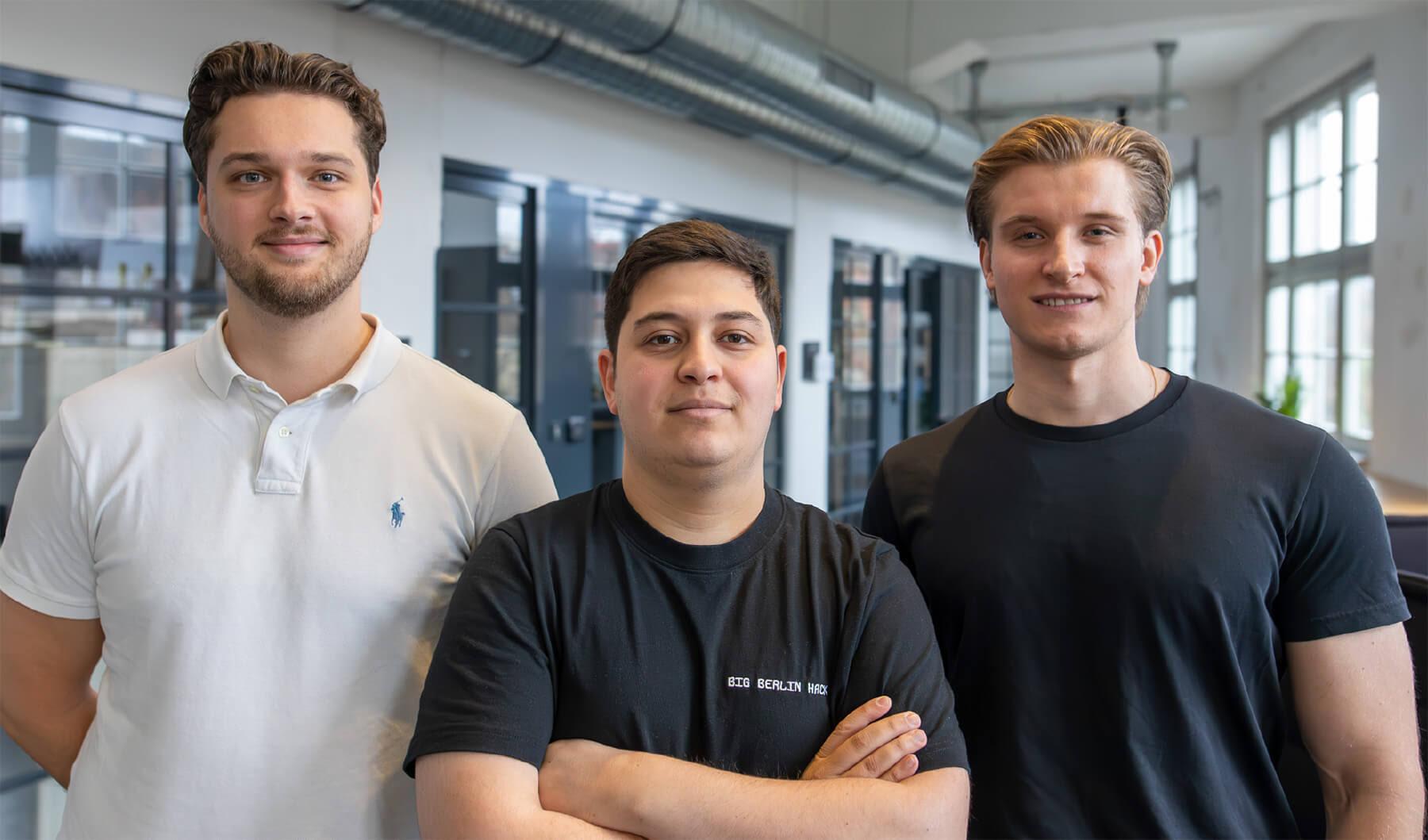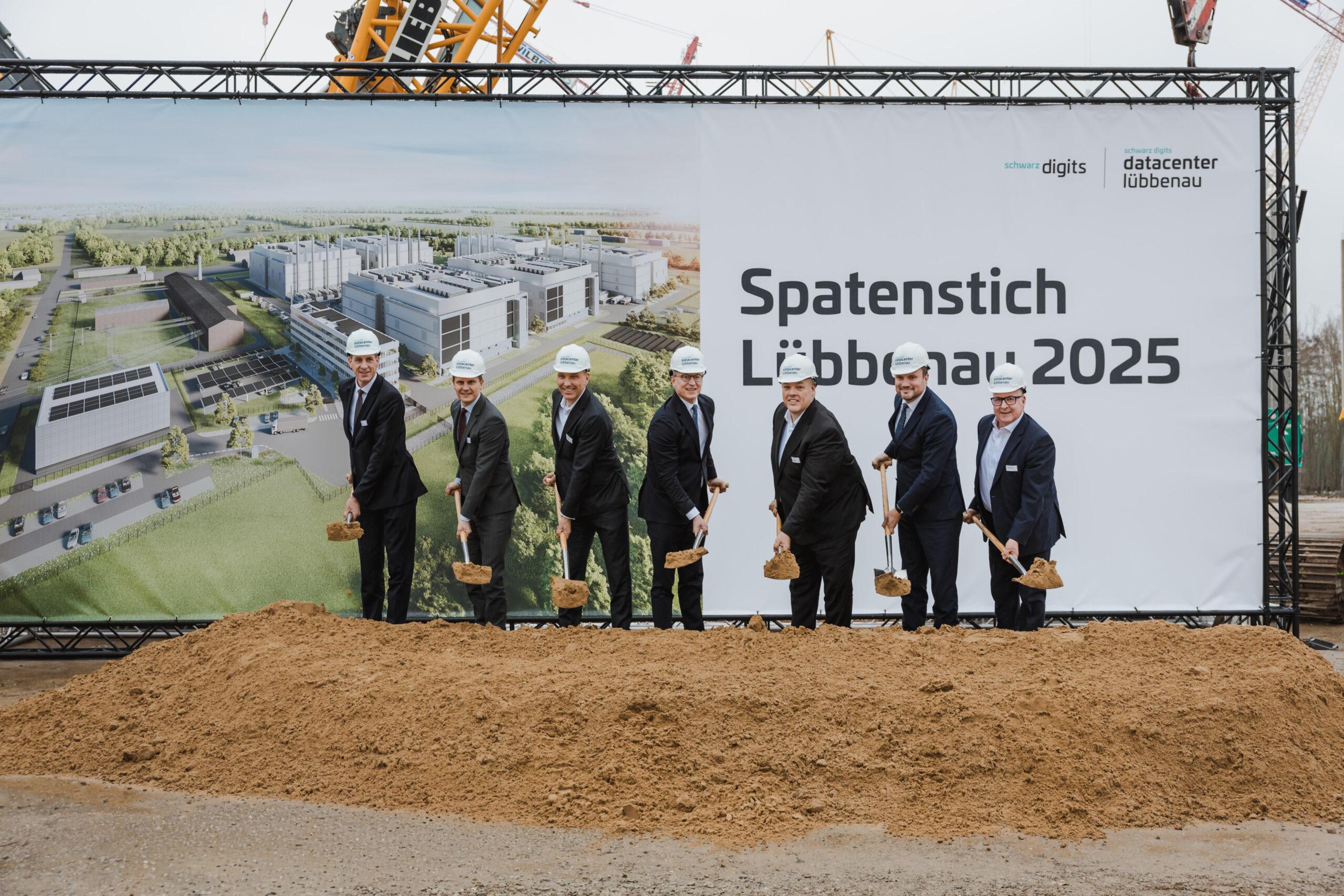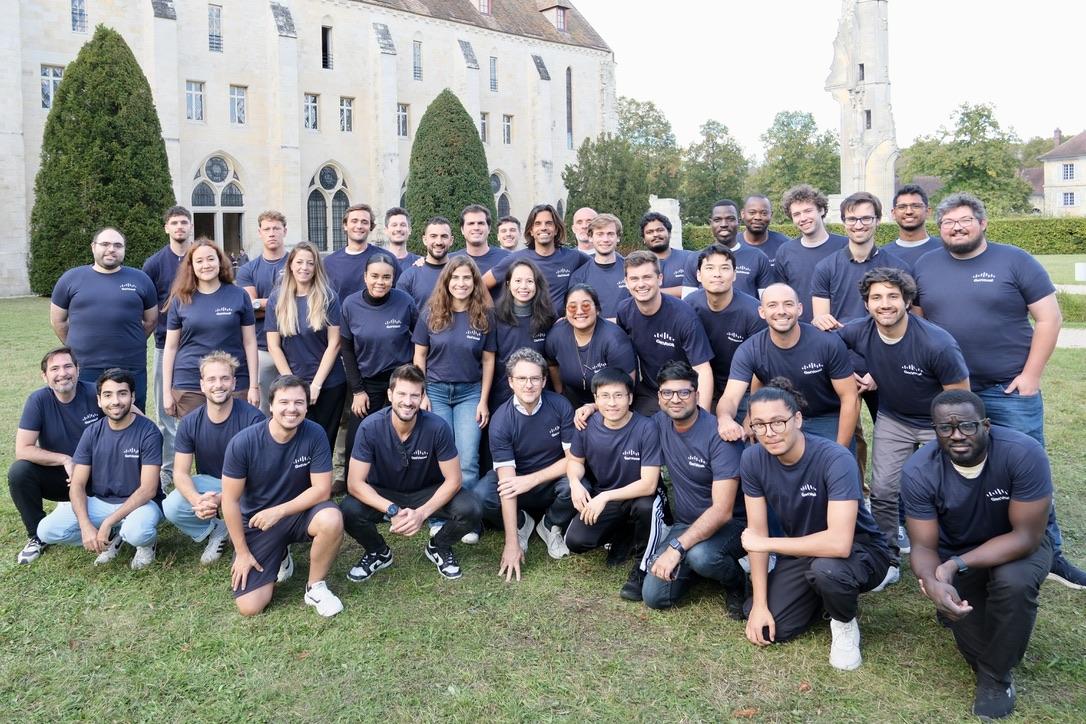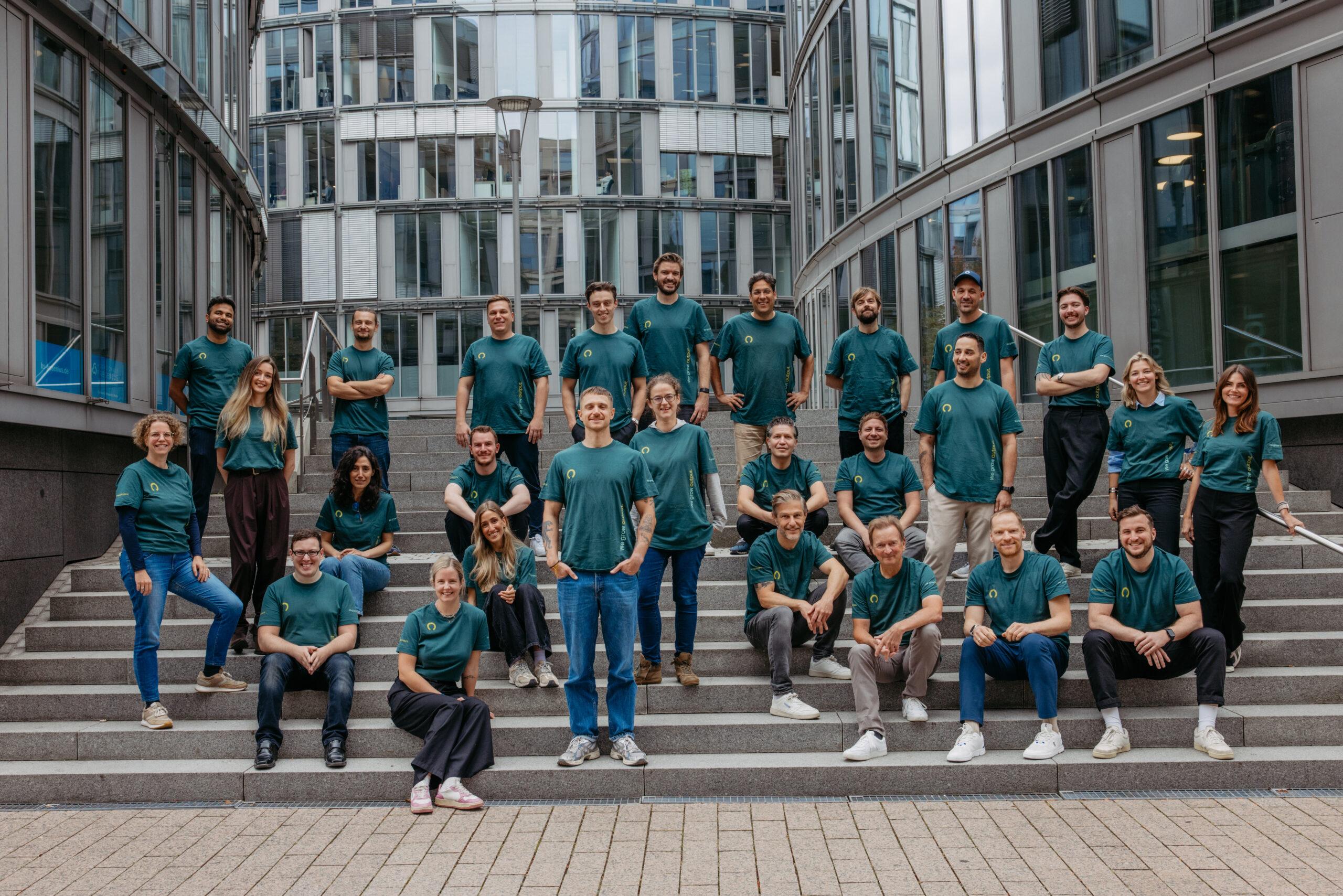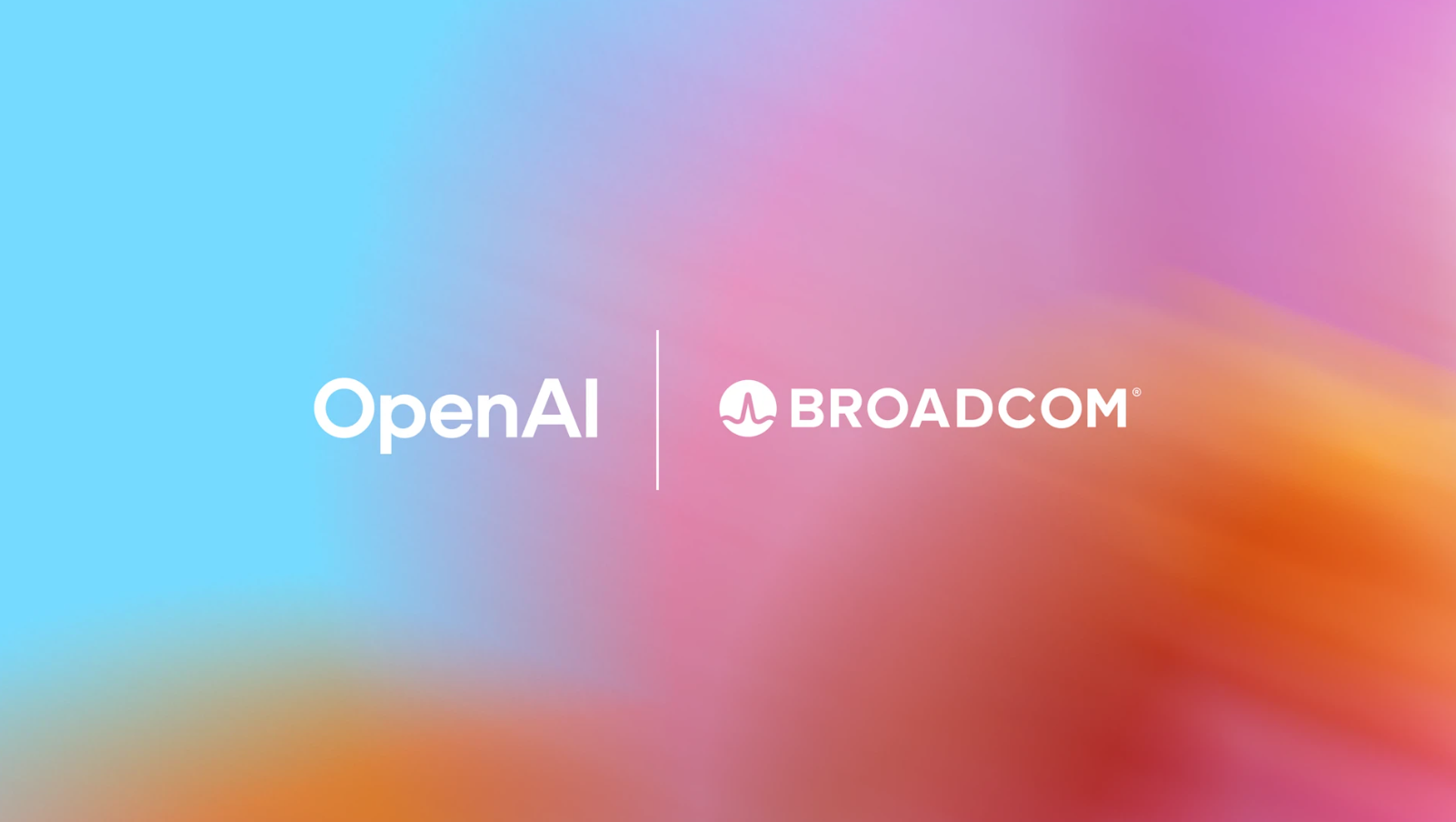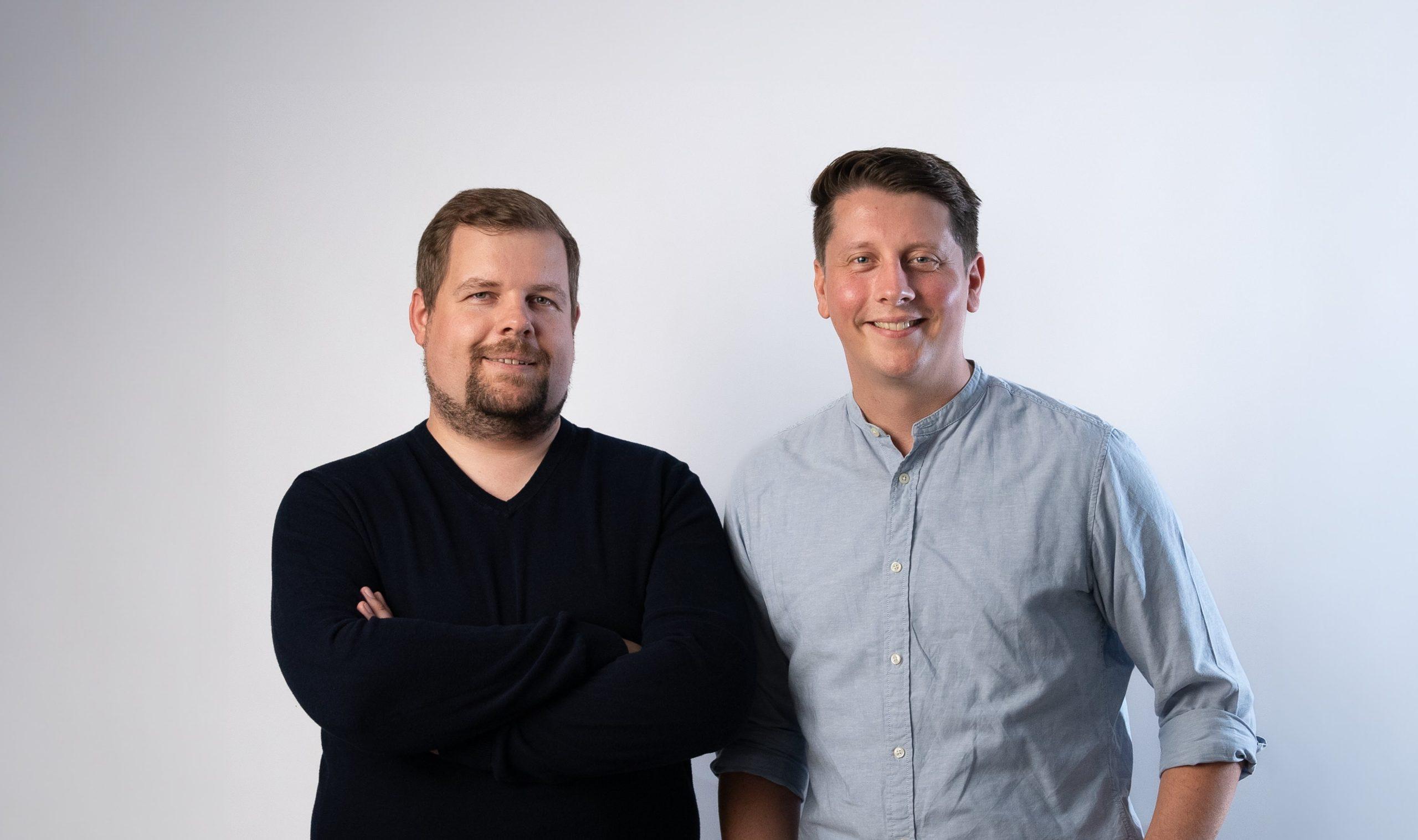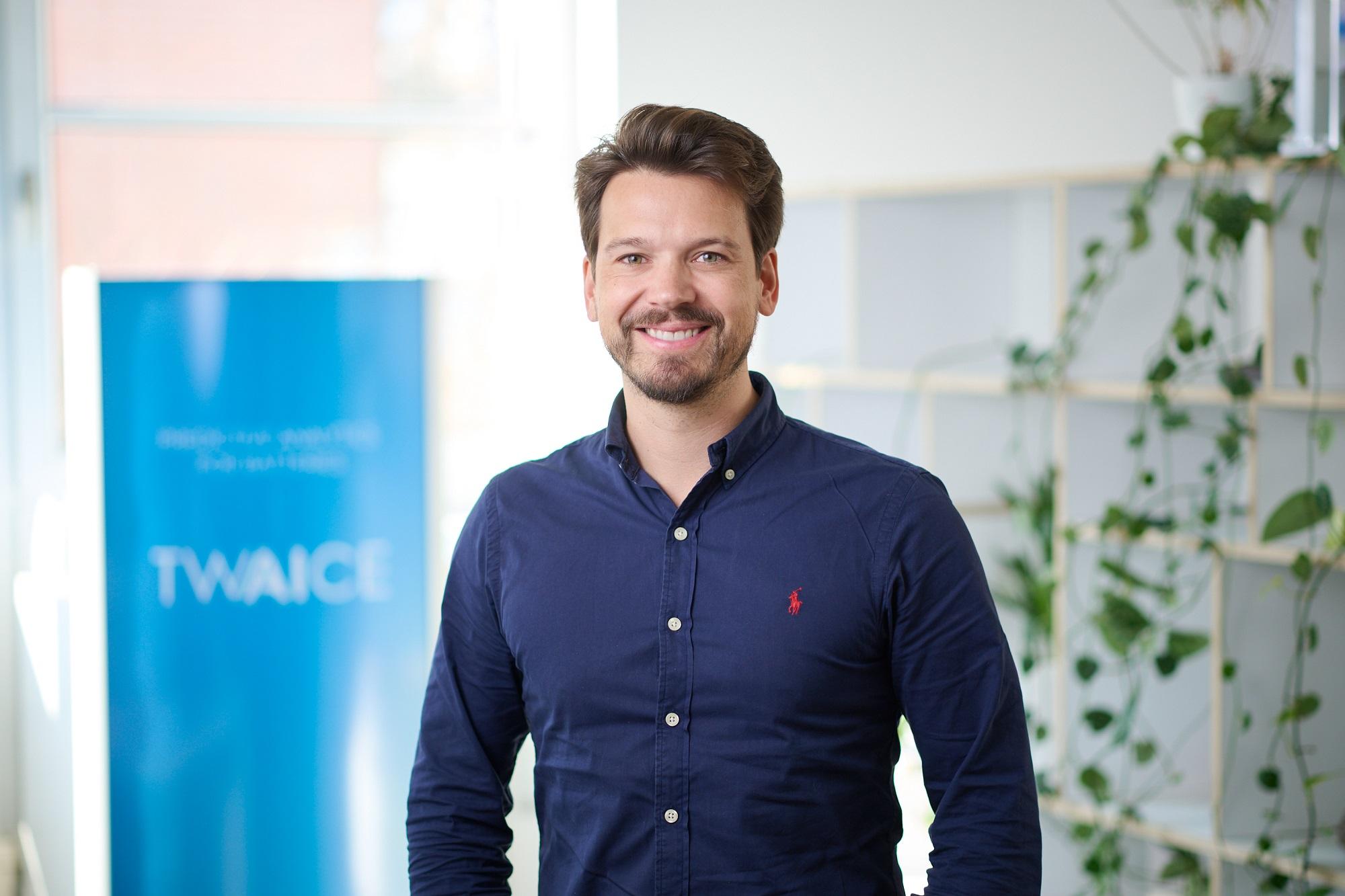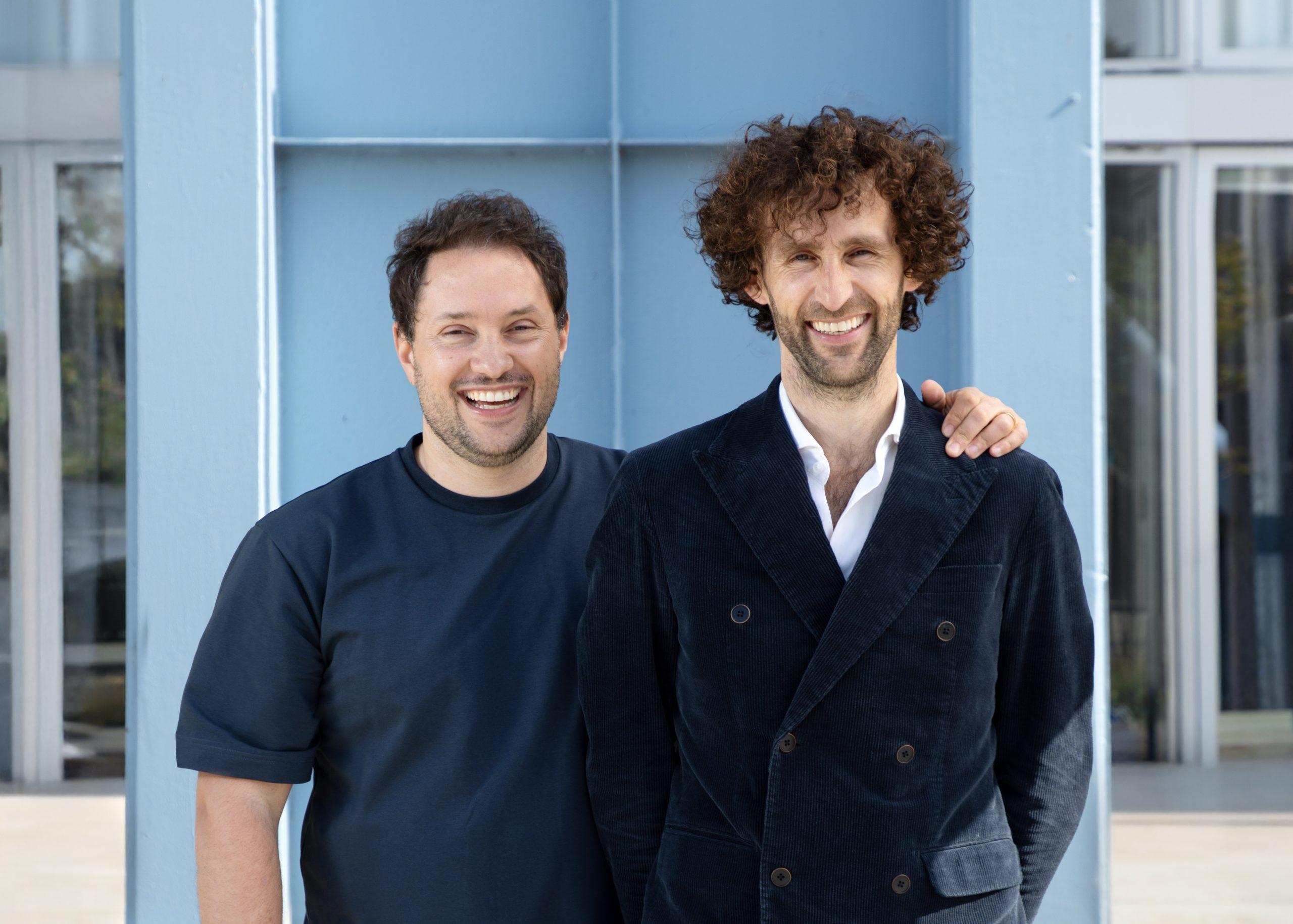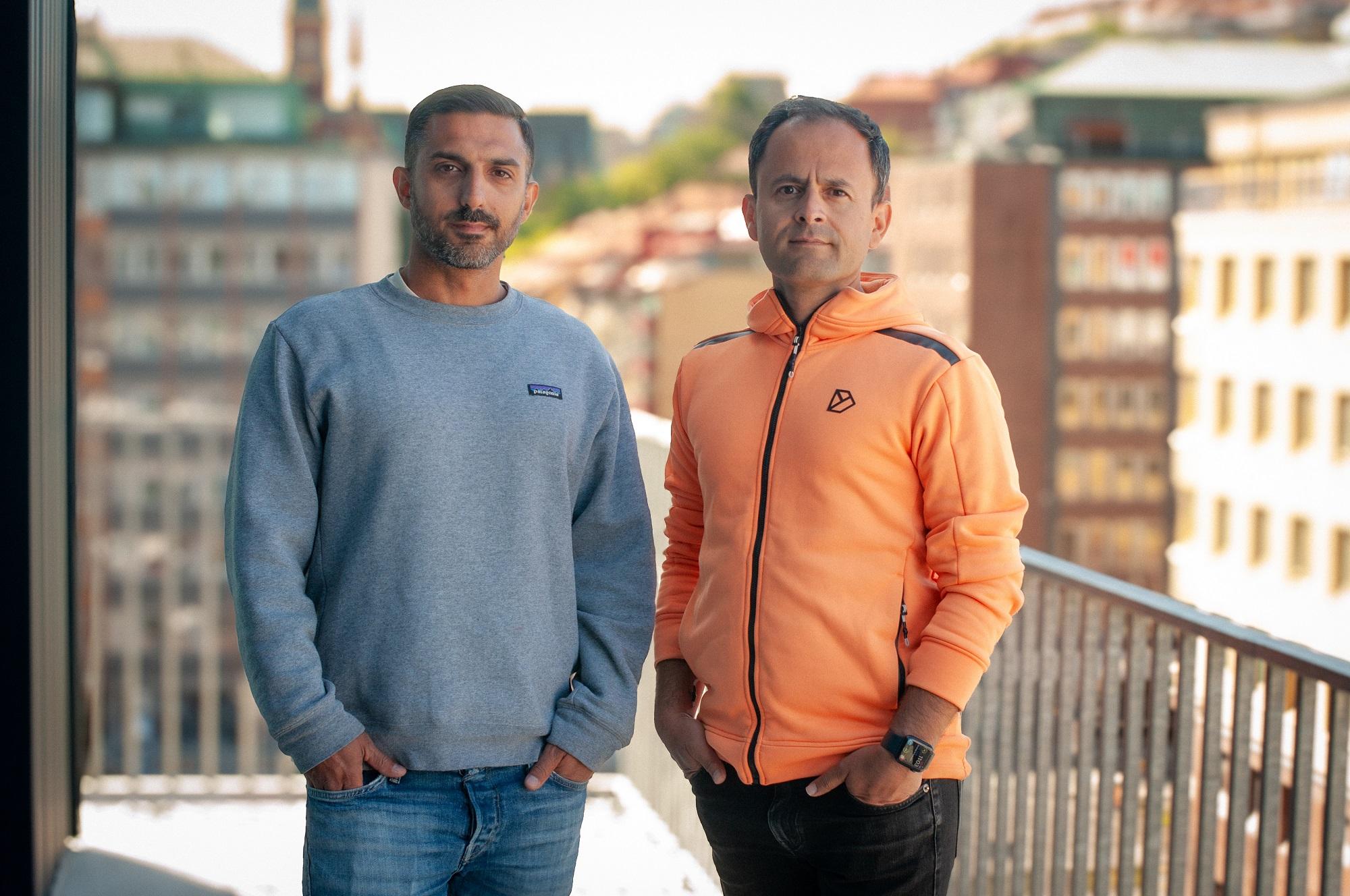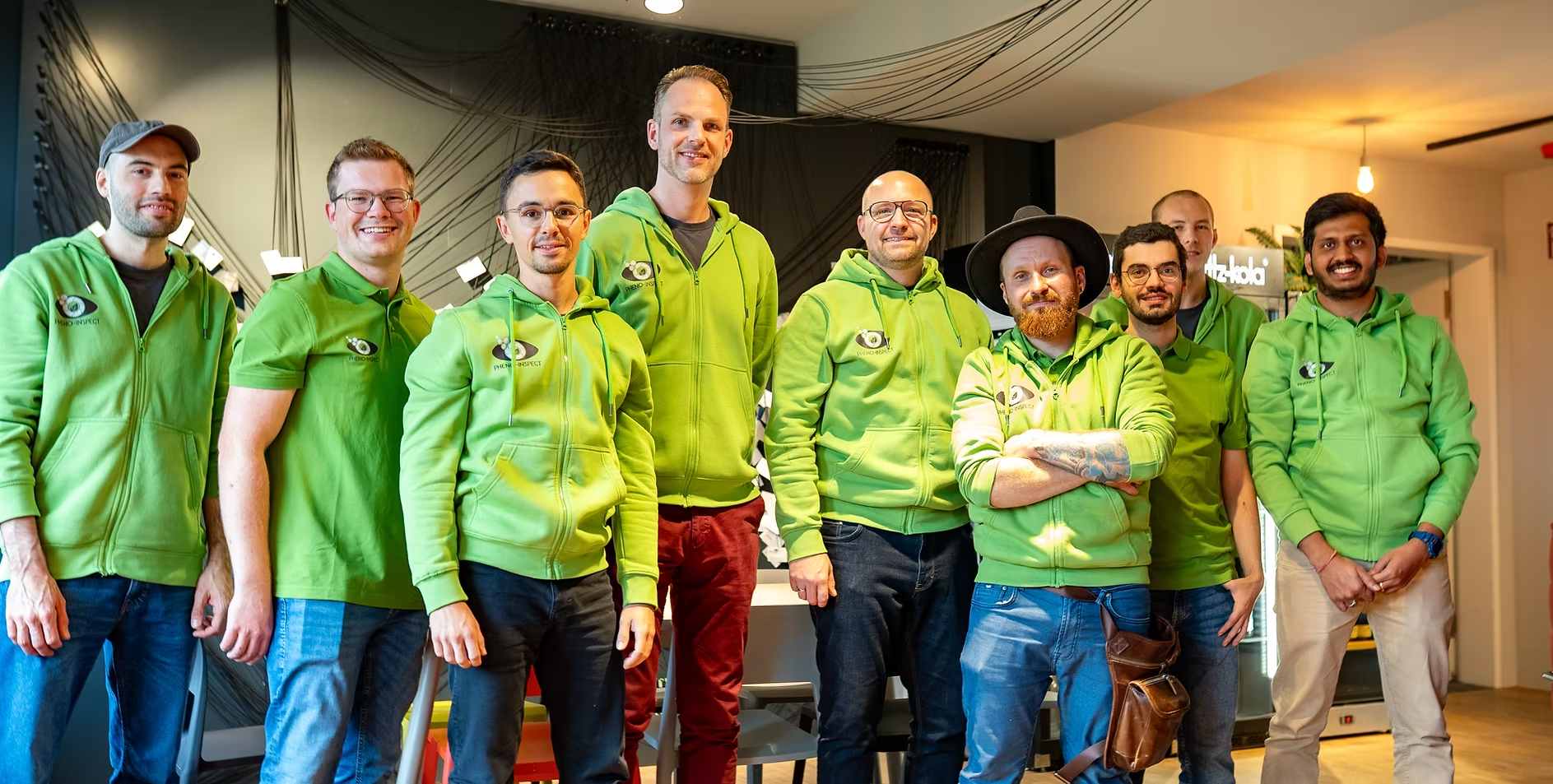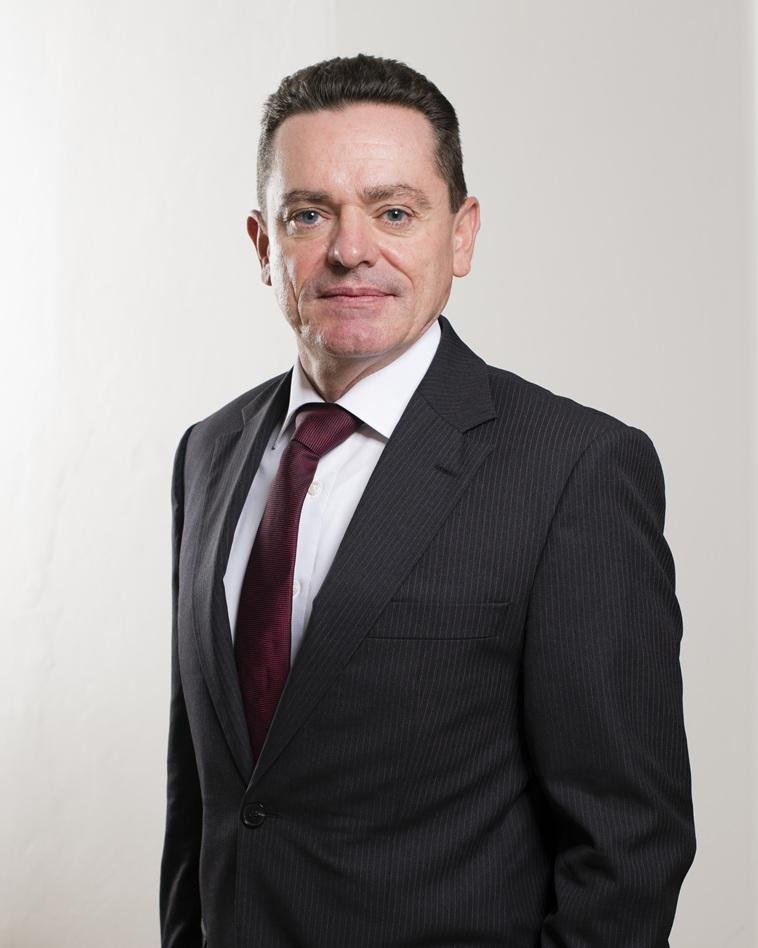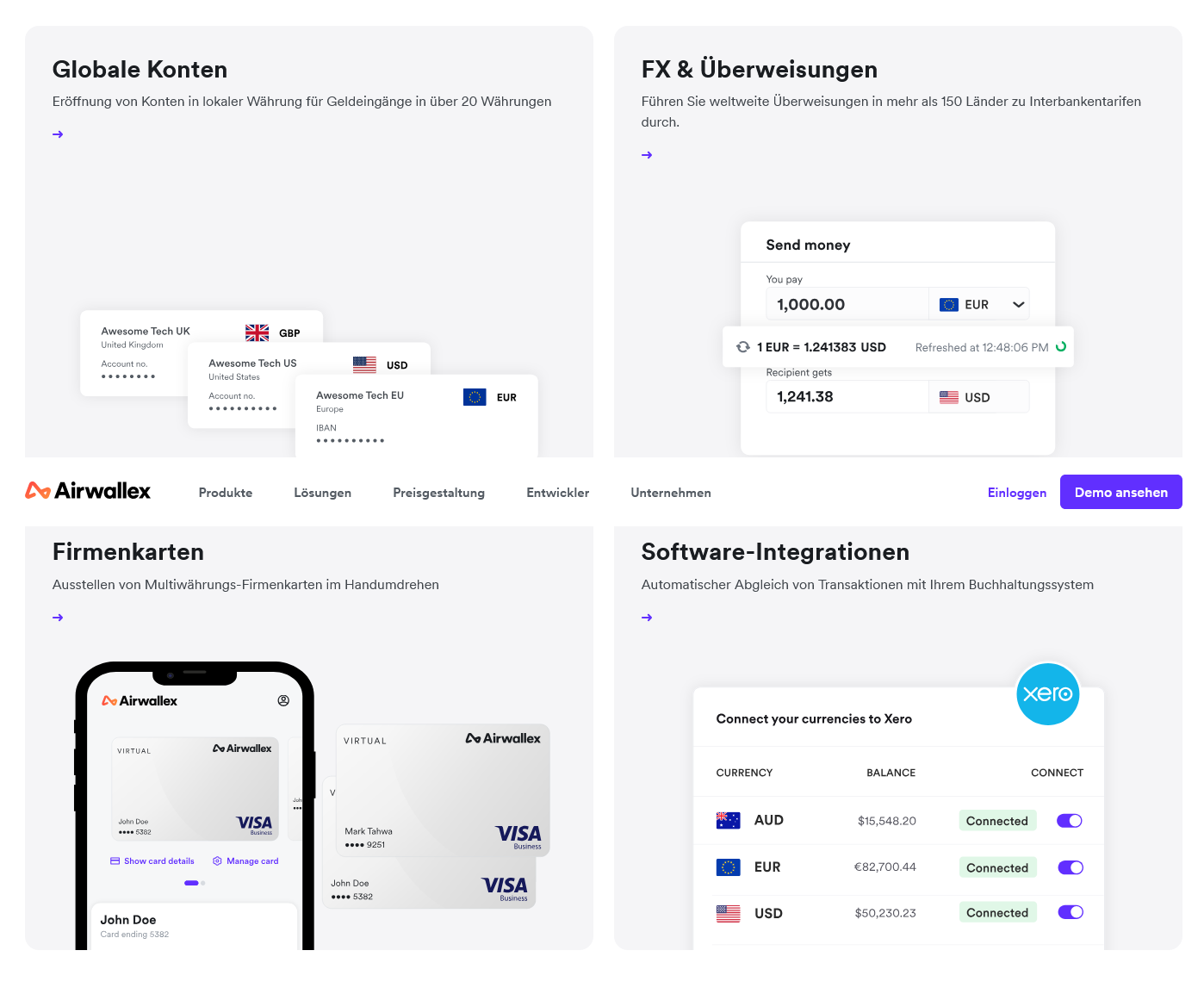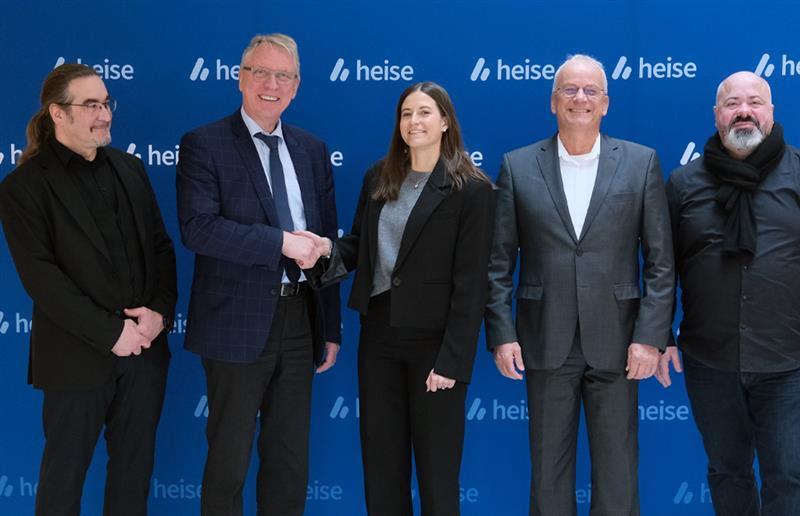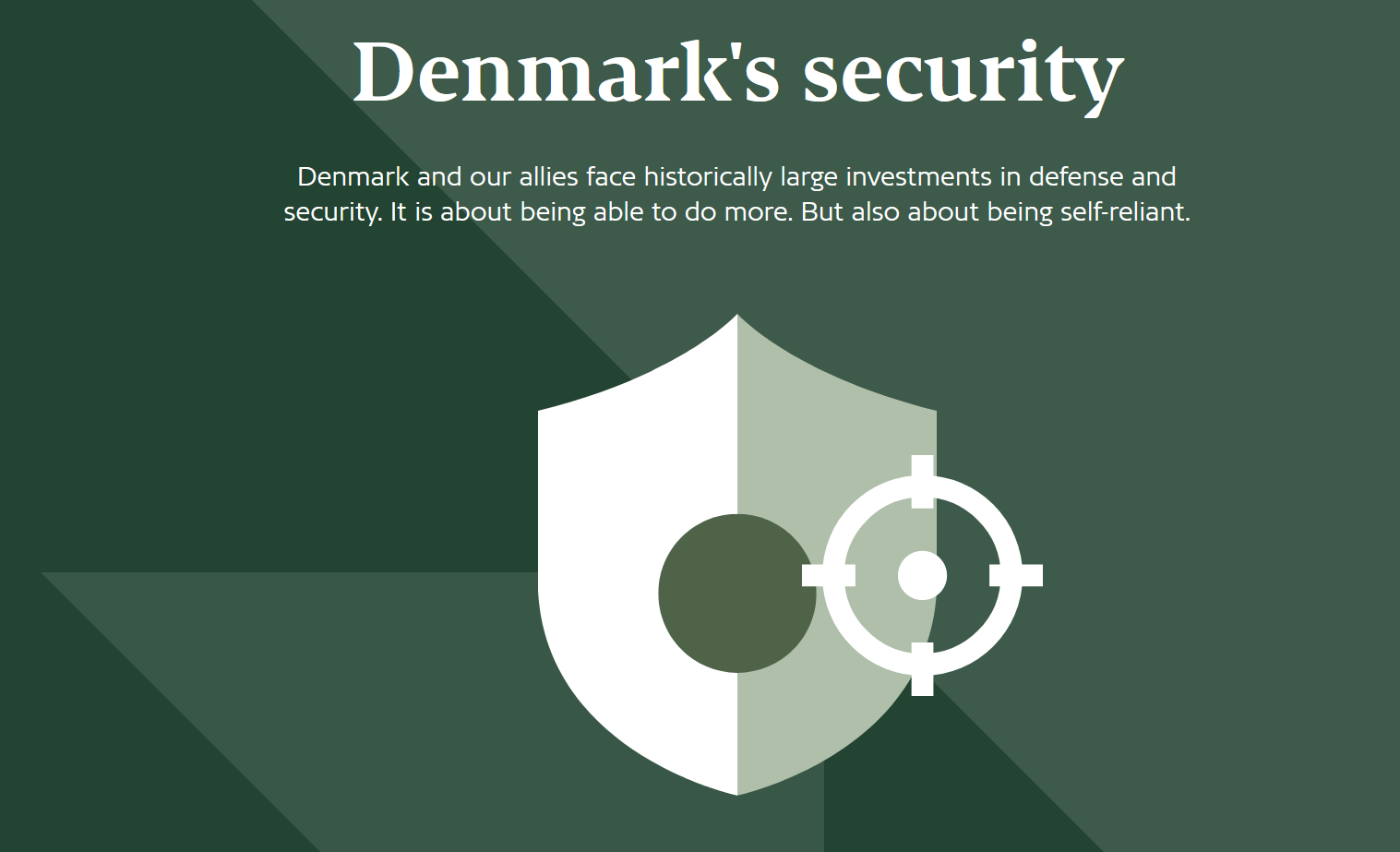Deutsche Telekom and NVIDIA build one of Europe's largest AI factories in Munich

Together with NVIDIA, Deutsche Telekom is launching one of the largest AI factories in Europe. The new supercomputer in Munich will house up to 10,000 NVIDIA Blackwell GPUs and achieve a computing power of 0.5 exaFLOPS. This is around 50 percent more AI capacity for Germany. The launch of the "Industrial AI Cloud" is planned for the first quarter of 2026.
In just six months, we will turn an idea into real AI computing power - Made for Germany.
Tim Höttges, CEO of Deutsche Telekom
With an investment volume of over one billion euros, this will create a central building block for digital and technological sovereignty in Germany. A project that was implemented from idea to launch in just six months.
Sovereign Germany stack together with SAP
The core of the project is the development of a secure, sovereign cloud stack made in Germany, which Deutsche Telekom operates together with SAP. Deutsche Telekom is providing the physical infrastructure, while SAP is contributing the Business Technology Platform and AI-based applications.
The aim is to create a platform that offers European data protection standards, high security and compatible integrations for companies and public institutions.
AI performance for industry, SMEs and start-ups
The Industrial AI Cloud is aimed at industrial companies, SMEs and start-ups that want to train AI applications on their own sensitive data. In view of the current geopolitical situation, around 20 percent of companies in Germany have started to retrieve business-critical data from the cloud in 2024/25, according to Deutsche Telekom.
With the world's first Industrial AI Cloud, we are bringing NVIDIA AI and robotics to Germany - for a new era of industrial transformation.
Jensen Huang, CEO NVIDIA
With the new offering, Deutsche Telekom aims to provide secure, sovereign computing capacities under European rules, including for mechanical engineering, manufacturing, logistics and research.
From twins to robotics
The first pilot customers include companies such as Agile Robots and Perplexity.
- Agile Robots uses the cloud to develop robots that learn with the help of physically accurate simulations and adapt to production processes in real time.
- Perplexity will use the infrastructure to operate Large Language Models (LLMs) locally and securely in Germany.
In addition, the integration of NVIDIA Omniverse allows the creation of digital twins of real factories. These can be used to simulate production lines, virtual crash tests or digital wind tunnels, for example.
Infrastructure and key technical data
The new data center in Munich is being completely renovated and modernized in collaboration with Polarise. It includes:
- >1,000 NVIDIA DGX™ B200 systems and NVIDIA RTX PRO™ servers
- 10,000 GPUs with 0.5 EFLOPS computing power
- 20 petabytes of memory
- Four 400 Gbit/s fiber optic connections
- 75 kilometers of fiber optic cable
The site is operated in an energy-efficient manner and meets the highest security and sustainability standards
Significance for location and sovereignty
The new AI factory strengthens Germany's technological independence, supports industrial growth and creates new jobs. Independently of the EU-wide program to build several AI gigafactories, the project sees itself as a "speedboat" for companies that already want to use AI solutions productively today.
Every expansion of the digital infrastructure and every new data center is a positive signal for Germany as a technology location. It is particularly important that AI applications can now also be operated in Germany in a legally compliant and data-sovereign manner.
However, in international comparison, especially with the USA and China, the current computing power still lags far behind and is only a first step. In order to remain competitive in the long term, further investment, open innovation cultures and efficient approval processes are needed.
In addition, companies in Germany are not only responsible for data security in the European legal area, but also for the collection, processing and integrity of the data used. It remains to be seen whether Germany will develop new approaches to AI and data management in the future, or whether it will succeed in establishing a competitive, sovereign solution despite complex regulation.

Newsletter
Startups, stories and stats from the German startup ecosystem straight to your inbox. Subscribe with 2 clicks. Noice.
LinkedIn ConnectFYI: English edition available
Hello my friend, have you been stranded on the German edition of Startbase? At least your browser tells us, that you do not speak German - so maybe you would like to switch to the English edition instead?
FYI: Deutsche Edition verfügbar
Hallo mein Freund, du befindest dich auf der Englischen Edition der Startbase und laut deinem Browser sprichst du eigentlich auch Deutsch. Magst du die Sprache wechseln?







